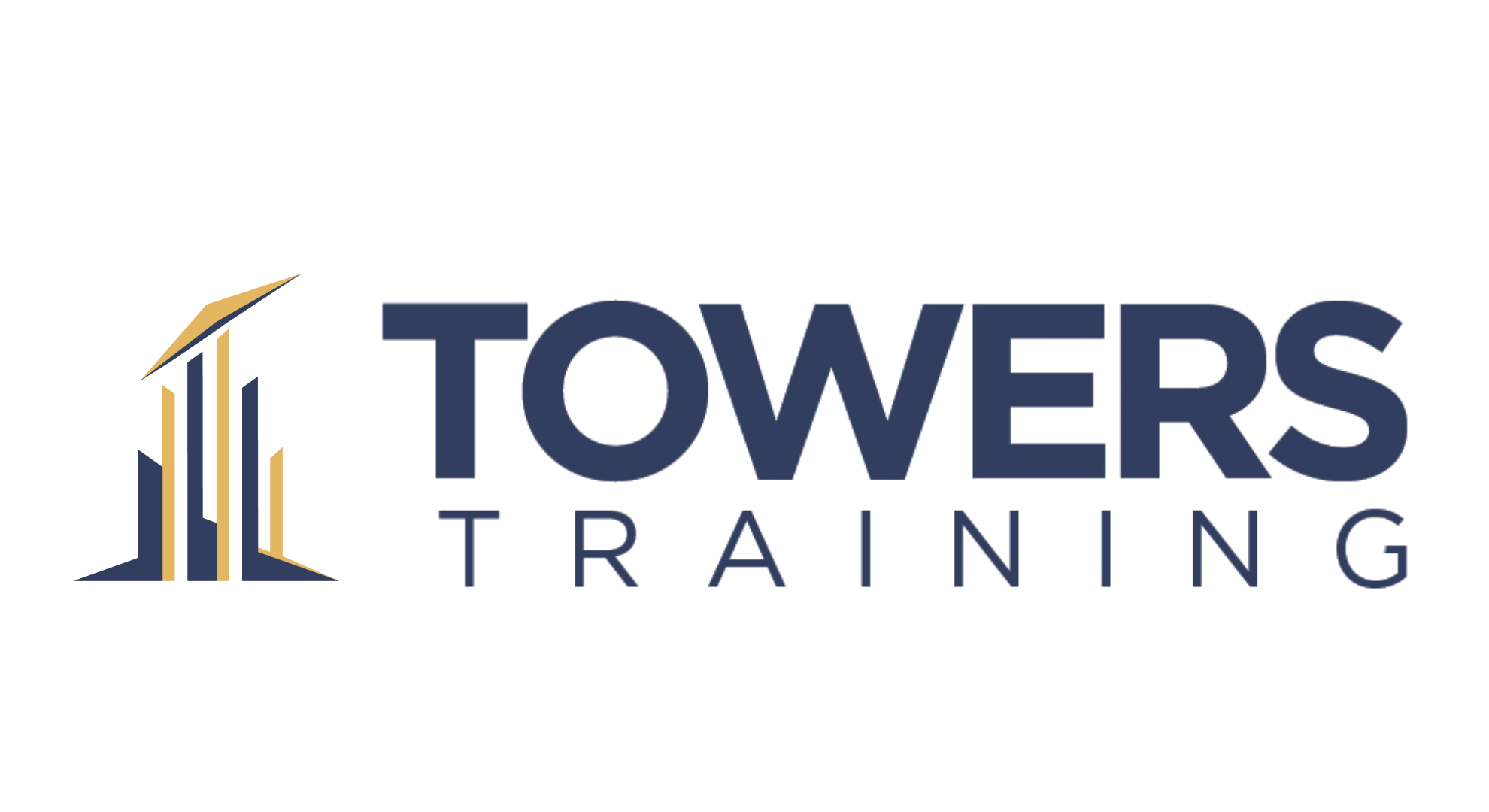Competency Based Interviews
“Tell me something about yourself!” – I am sure that before being selected for a job, many of us have undergone an interview which started with this statement. A biographical interview is the most widely used method of selecting people. Research suggests that though there are other methods that are used, the information gleaned from the personal interview predominates the decision making process.
So is the unstructured personal interview an effective method of selection? Does it provide accurate information about whether a candidate would perform well (or poorly) in the job? What about other selection methods such as, Bio-data’, ‘References’, etc.? What about supposedly objective tools such as ‘Ability tests’ and ‘Assessment Centers’?
Statistical analysis have provided evidence that a typical biographical interview or any of the other methods named may not be a very accurate predictor of performance.
The traditional interview method has many shortcomings. Primarily because interviewers:
- make decisions early on (based on initial impressions) or decide intuitively
- give more weight to academic qualifications
- give more weight to unfavourable information
- have different views about the same person
- weigh the same information differently
- select below-par candidates due to time pressures
- rank candidates comparatively
- prefer candidates like themselves
So if the interview as a selection tool is widely used and has so many shortcomings, what could be a better option? While there are radical cases of certain companies doing away with the personal interview and/or introducing some innovative tools, there are not enough data or material to confirm (or refute) their effectiveness over other established methods.
So, can we improve the interview process? Studies and research suggest that a structured ‘Competency Based Interview’ has higher validity compared to other methods of selection.
What are Competencies?
Competencies are described as the cluster of observable behaviours, which are required in order to perform specific job-related tasks and functions effectively. These behaviours can include knowledge, skills, attitude, traits and motives. The level of performance will be affected based on how effectively an individual demonstrates the necessary behaviours.
Most organisations define a competency and list the behaviours or actions that the competency constitutes of. For example, a competency called ‘Persuading and Influencing’ can be described as a cluster of behaviours which includes building rapport, acting as a mediator when conflicts arise, managing disagreements tactfully, etc.
What is a Competency Based Interview?
A competency based interview is a structured interview where the interviewer’s questioning is directed at determining the candidate’s qualities or capabilities on specific job-related competencies. It is also called as ‘behavioural interview’ or ‘criterion based interview’.
Questions will focus on drawing out specific examples from the candidates describing situations where they might have displayed the required behaviours. Probing is done in a systematic way to build a picture of related strengths and weaknesses of a candidate on the competency.
For instance, if the interviewer is assessing the competency of ‘Decision making’, some of the questions can be: ‘What sort of decisions do you make?’, ‘Give me an example.’, ‘How do you go about making a decision?’, ‘What information did you consider before making your decision?’, ‘What do you consider important when making a decision?’
Strengths of a Competency Based Interview
- Questions are based on the objective analysis of the job and can be seen to be directly linked to skills required in the job
- Minimises subjectivity amongst different interviewers
- It is easier for information gathered to be evaluated on a rating scale for that competency.
- They have a higher predictive validity than an unstructured biographical interview
- Evaluation of the assessment can be easily integrated with information from other sources such as Ability Tests, Group Discussions, etc.
- Less expensive and time-consuming compared to other methods of assessment
Potential Limitations of a Competency Based Interview
- To cover a large number of competencies, the interview may be very long.
- The interviewer needs to be skilled or trained at conducting competency based interviews.
The success of a competency based interview depends on how robust and thorough the competency framework is. Observable and discrete competency definitions with minimal overlaps and with clear linkage to the organisational vision and strategy will be a good foundation for successful adoption of competency based interviews. In my opinion a combination of good ability tests along with structured competency based interviews can be a reasonable predictor of future job performance.





Leave a comment